What to Do For Food in a Survival Situation
When you find yourself in a do-or-die situation, it’s essential to know what to do for food for your survival. Not only do you want to gather enough food for you to eat throughout the coming days, weeks, and possibly even months, but you also want to make sure that your loved ones living with you are also covered.
When you know how to get food, your chances of survival dramatically increase. It becomes a bit easier for you to get through devastating situations and come out alive. Let’s talk about what to do for food in a survival situation.
What to Do For Food in a Survival Situation
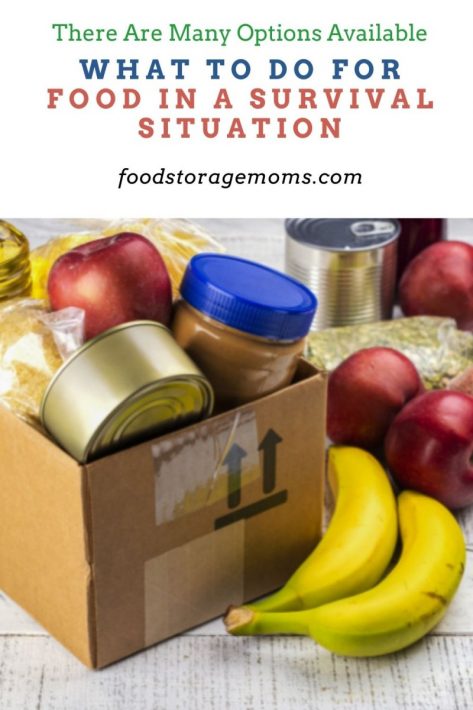
1. Contact Family and Friends
Mark and I have always been taught to use family as your first source of support when you are struggling to feed your family. There are so many reasons families can find themselves faced with the challenge of providing enough food for themselves. The events of 2020 and 2021 as a result of the virus have shown all of us what is possible. Businesses have suspended operations, people have been furloughed or laid off, families have lost the key breadwinner for a period of time or permanently. Even in normal conditions, people get sick, have accidents, lose their physical abilities to work, companies have layoffs, and more.
If you find you haven’t stored enough food to properly support your family, the first source you should reach out to is your extended family. Sure, they may not have the resources needed, but you need to at least ask. You may be surprised who is willing and able to step up with at least some help, either financially or with foodstuffs.
The reason we call certain people in our circle “friends” is because we not only enjoy their association and company, but they are a source who can hopefully “have your back” by providing some financial help or the food itself. It’s not easy to ask, I get it, but true friends will understand your circumstances and try to do what they can to step up and help. Remember, you would do the same for them if the situation was reversed.
2. Reach Out to Governmental Agencies
We are all familiar with family, neighbors, fellow church members, and others who have had to rely on food stamps, EBT cards, and other programs to help them properly feed their families. Most of us haven’t had to deal with a situation like that, but we shouldn’t shy away from taking advantage of those programs if needed. If the current circumstances are primarily due to the loss of work, check into unemployment compensation as a source of funds to buy food. It may prompt you to have to swallow your pride, but remember, you’ve been paying your fair share of taxes over the years and now it is your turn to benefit from various government programs.
3. Visit Local Churches and Food Pantries
The next thing you can do is stop by local churches and food pantries to see what it takes to qualify for their support. Even if they determine you don’t qualify, they may be able to recommend other non-profits or support organizations that could help. Don’t be afraid to ask at every turn what people you contact may suggest.
Many churches collect canned foods and other non-perishable items that they give out to the homeless and families in need throughout the year. There’s a possibility that they’ll still have a stockpile of those items for you to grab and carry home.
4. Pick Crops From Family and Community Gardens
Take some time to look into any Community Gardens being operated in your area. They will probably require you to put in a certain amount of time at the garden before they allow you to take home any of the products being grown. If you have other family members who can also donate time and muscle, the time required may be reduced.
Although your tummy may not be able to wait for the produce when the survival situation presents itself, consider getting involved with these groups now so when something does come up you are already in the trenches working to support your family and others in need.
Also, consider approaching neighbors you may know about who have family gardens to see if they would be willing to share some of their fruits and veggies. If you explain your situation to them, they are more than likely willing to provide some help. Offer to help pull weeds, cultivate the soil, or whatever in exchange for produce.
Although these crops won’t last long unless you have a way to preserve them, you can still put them to good use by eating them and giving them to loved ones to eat to stay full until your next meal. It’s beneficial to have access to fruits and vegetables when you don’t know when you’ll have your next full meal.
5. Know Which Foods Are Safe to Eat in the Wild
Many of us don’t live close to rural areas where native plants are growing in the wild. Before you have to deal with a true survival situation, it may be a good idea to take your family on an exploratory venture in the mountains or other open areas reasonably close to home. Take some time to make sure you know what is and isn’t safe to eat out in the wild. During desperate times, you’ll need to search for different things that you can consume, such as berries growing on bushes and trees, flowers that aren’t toxic to consume, forage, and even some insects.
While it probably doesn’t sound ideal, there may come a time when you’ll need to consume grasshoppers and crickets to survive. Collect what you can and begin storing them in any containers you might have available. It doesn’t matter if you’re using a plastic container or a glass one, as long as you have what you need to survive.
If you’re near a body of water, consider taking up the hobby of fishing. You’ll learn what fish are available, what the license and daily limits are, and your can really have some fun together with your family in tow. You never know when what you learn now will come in handy in a survival situation. Some people actually can the fish they catch so it’s available for future consumption. Give it a try!
6. Ration What You Can Find to Make It Last Longer
Once you’ve collected certain foods, you need to ration what you can to make it last longer. It’s tempting to eat a lot when you haven’t had a good meal in a long time. However, if you overeat one day, you might not have enough to go around for the next several days or weeks.
Ration everything you have between yourself and your loved ones to ensure that everyone is getting something to hold them over for the day. Not only will you need to ration with your food, but you’ll also need to do it with water.
If you haven’t found a spot to collect clean water to drink, you need to do what you can to make what you have last as long as possible. For that reason, it’s such a good idea to have a water filter straw that you can use to drink from many bodies of water that you can find. Life Straw
Which Items to Store for Survival
So, which items are best to bring home when you’re in the food pantry or church storehouse? You may not be given a choice, but I’d try to find these essential items if at all available:
- Peanut Butter. It’s a great source of protein, contains plenty of calories, and can keep you full. It also lasts longer than many other items!
- Canned Meats. Look for canned meats, such as chicken, ham, and sausages. The protein you’re getting from these meats can leave you feeling more energized and full.
- Protein Bars. They’re easy to carry around with you, don’t go rancid quickly, and can keep you more full for more extended periods.
- Canned Vegetables. Try to get the vitamins and nutrients from different canned vegetables, such as canned green beans, beets, peas, and carrots.
In case you missed this post, Canned Foods I Highly Recommend You Store
Final Word
When you need food for survival due to an emergency, these are some of the things you can do. While the thought of eating items found outside doesn’t always sound appetizing, it can save your life during some of the most challenging times. How would you handle a survival situation if one comes your way? May God Bless this world, Linda.
Copyright Images: Food Donation Box AdobeStock_302131975 by happy_lark

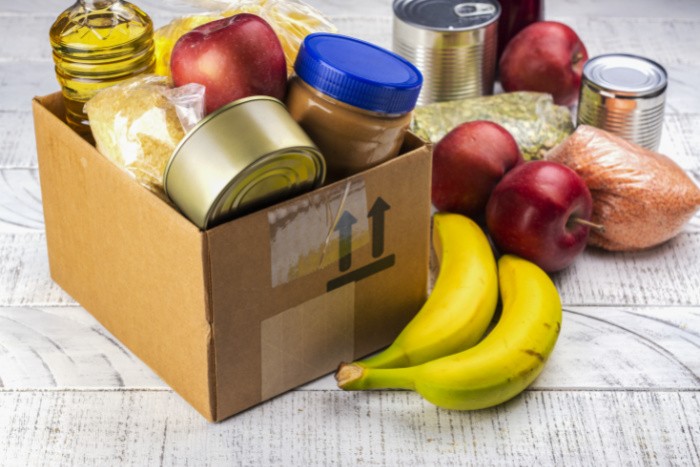


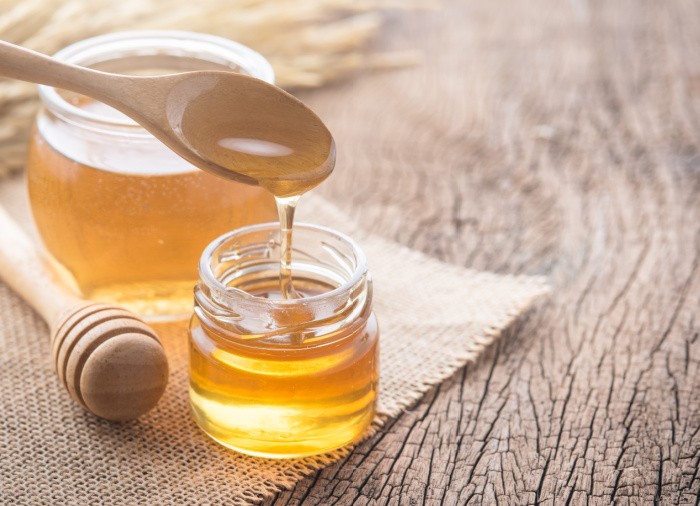
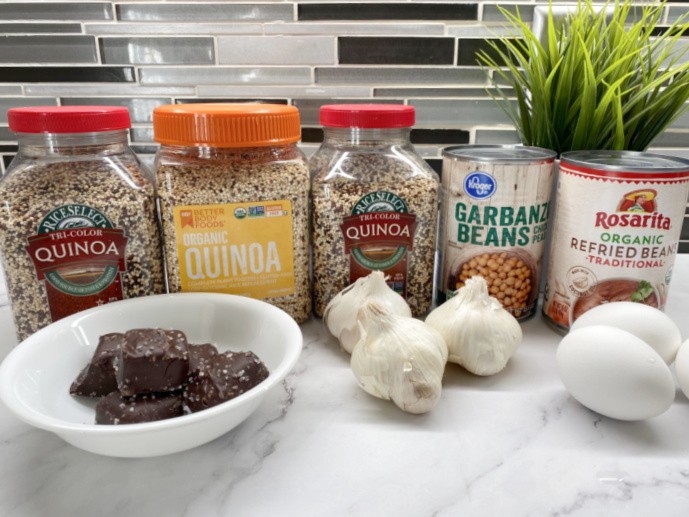
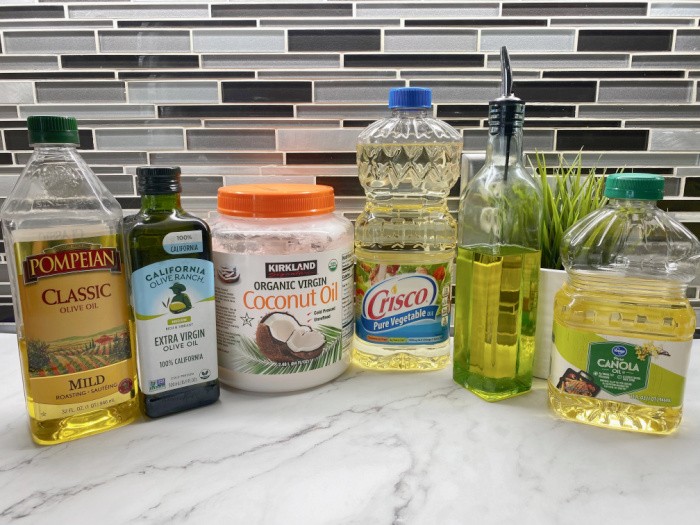
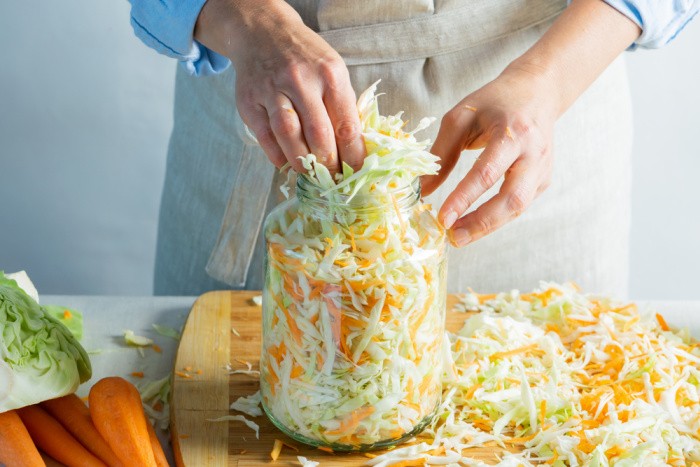


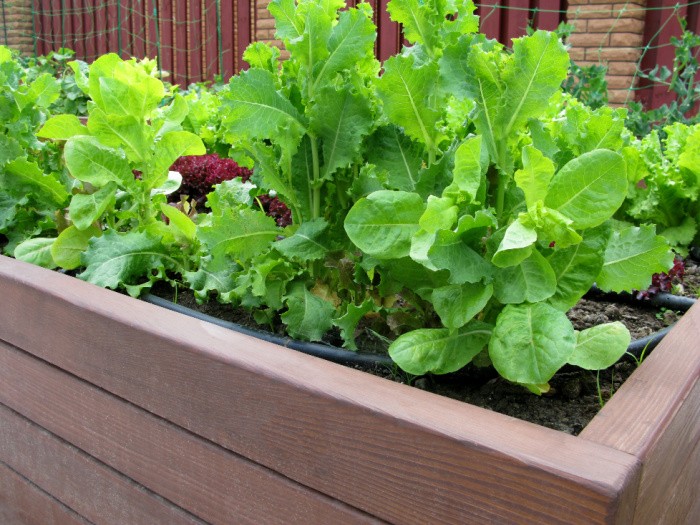
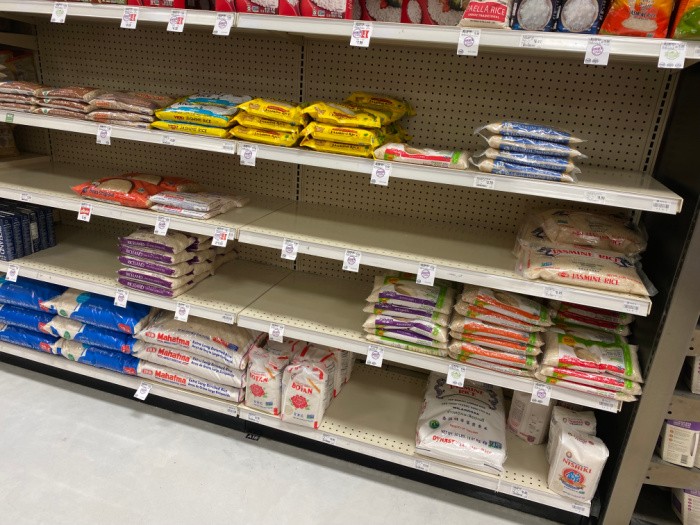
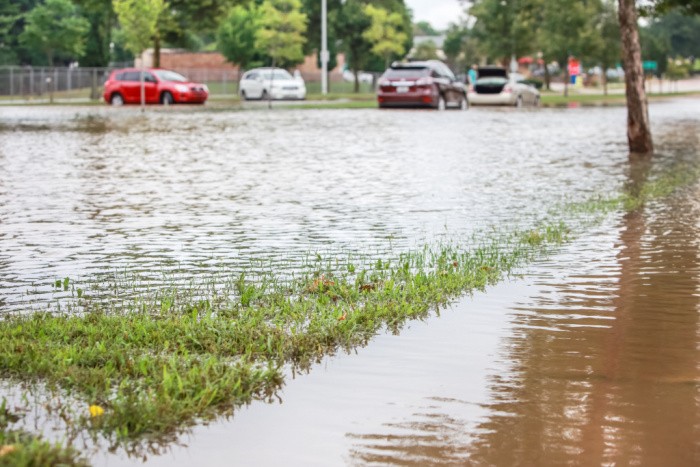

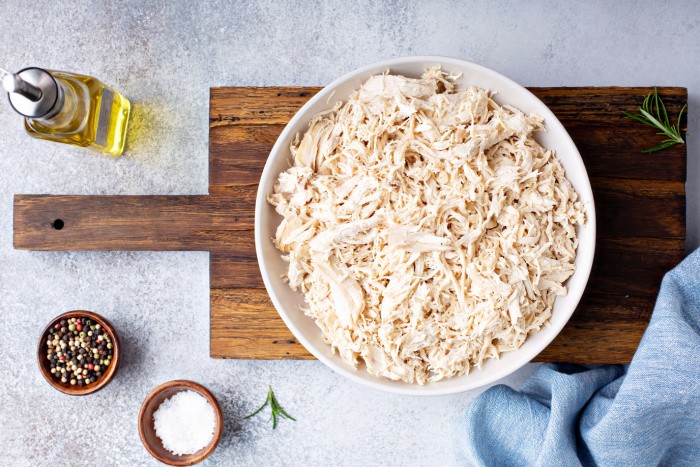
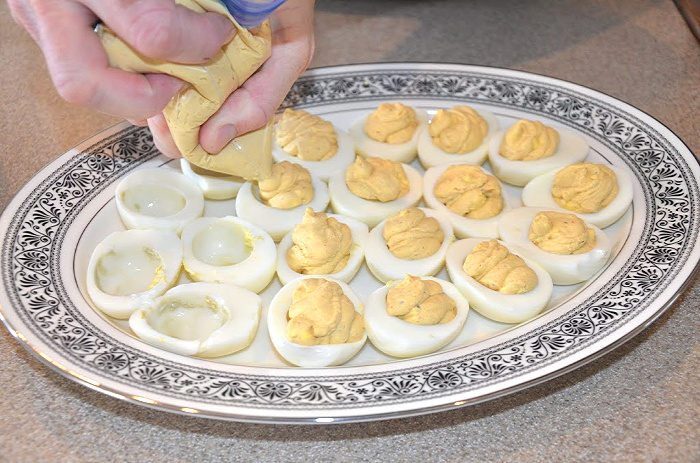
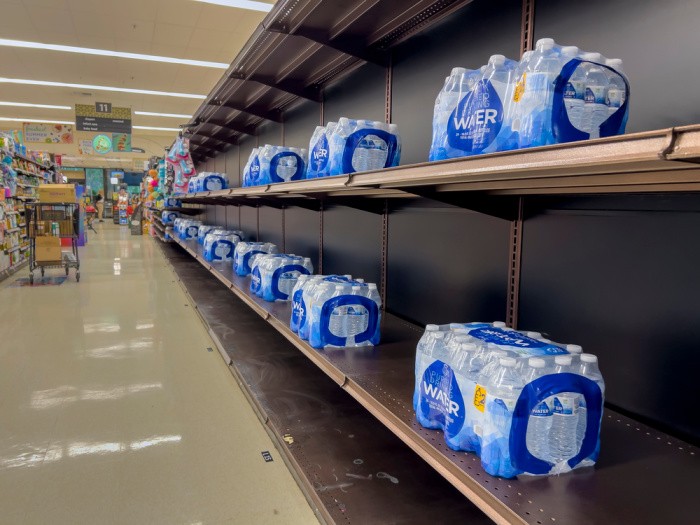
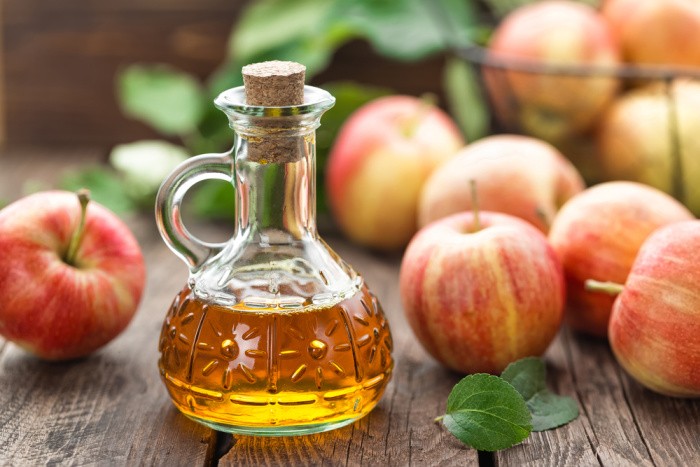

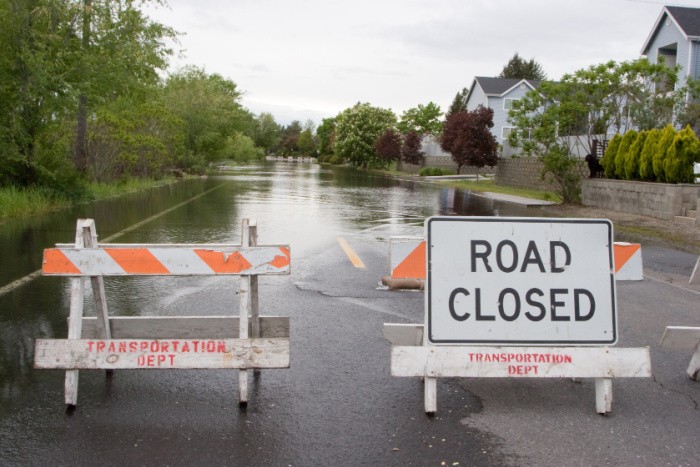


Another great post, Linda. We have fed our children and grandchildren from our pantry stock in hard times. It is so satisfying to be able to do this. I like being able to pass on what my mother did for me as a single parent of three, making minimum wage and no help from their other parent.
Hi Deborah, I know people need help, Mark and I fill bags for the kid’s weekend meals at different locations in our city. My kids have never had to starve, but people need to know where to go if things get bad for families today. We helped our kids through college with food deliveries from our pantry. We gave all 4 daughters a bread machine so they could make bread while going to school. They were cheaper than a Bosch and if you take the bread out and bake it like normal it’s good. The bad thing is most kids today do not know how to cook from scratch. You and I were lucky. Linda
I believe your way to positive lol. I’ve seen in the Balkans how fast things slid.
Hunt and I mean hunt not sport hunting but survival hunting. Rice is better with robin.
Garden your yard, flower beds etc. it’s not like your going to mow every week and meet HOA guidelines during a real emergency. Just avoid the portion you turn into a latrine and pay attention to where your neighbors are doing to doo too because y’all are stacked on each other like cordwood in most neighborhoods. Your native plants will take over in a year or two. Why not let that back corner go native anyway?
You’ll need hand tools because there won’t be a lot of roto tilling and again that grass is gonna grow. Cut it for hay or insulation but watch for fire danger in letting it grow too high. Some of y’all won’t need to worry cause you built in the desert and after you stop watering it’ll die. Water will become your priority not the yard.
You’ve got some good ideas for the start but how many are in walking distance? What if IT involves fuel shortages.
Hi Matt, I’m surprised how many people are on food stamps since the G is sending out monthly checks to some people. You are so right an HOA will be the least of our worries when things get bad. Water is a HUGE concern for sure. You are right if fuel becomes too expensive people will not be able to drive to get a box of food. This is why we must be self-reliant. I had hoped this last year was a wake up call for people, some get it, some never will. great comment as always, Linda
This post is a good reminder as to why folks need to stock up now! It will be stressful for people trying to run around finding food for their families when it becomes scarce.
Stock up now friends! Even if it’s just a few cans of veggies or an extra big bag of rice during each shopping trip. The stockpile will add up quickly!
I found a Mother Earth News article, from a book by Demara about eating grasshoppers and crickets. I do not know how to share it here, but it said to cook them before eating as they can have parasites and worms. Hope we do not have to, but good to know! Thanks, Linda!
Hi Jan, oh my gosh, this is the best comment ever! I hope it doesn’t come to this, eating crickets and grasshoppers! Oh, the parasites and worms, I’m gagging. I know that’s why God sent me all 4 daughters. I did not have brothers either, I never had to deal with bugs!!!! Linda
Hi Amy, you are so right, rice can go a long way!! Some extra cans of veggies will make a HUGE difference. This is why we stockpile what we eat. Linda
Great list of options!
#5 is well worth exploring. There are so many wild plants–weeds!–that are readily available, and quite nutritious (often more so than cultivated crops). A book or two in foraging in your area is a good idea–preferably one that also details how to prepare what you forage.
One of Tom Brown’s survival books–I think it’s the one on teaching kids survival skills–points out that assuming you have water and shelter, you can keep going for quite a while on just three easily identifiable plants: cattails, pine trees, and grass (acorns too, but they normally need more processing to remove the tannins–will give you a bellyache if eaten “as is” besides tasting extremely bitter). Some part of cattails will be edible year-round. Pine trees provide nutritious inner bark, as well as needles for vitamin-C-rich tea. Ordinary grass is too fibrous to eat whole, but you can chew it and swallow the juices, spitting out the pulp.
One caution, though–depending on where you forage, be careful of anything that may have been sprayed with any pesticide/herbicide, or that’s too close to a road so that it’s coated with exhaust residue.
Hi Rhonda, I agree there are many books on edible weeds. I know they have a phone app to instantly identify weeds but that will be useless in a major grid down. We really do need hard books or at least paperback books and not depend on cell phones. Stay safe, Linda
Linda, probably half the food I have stored for long term is canned, but I have freeze dried, dehydrated, MRE’s etc., as well. Right now my garden is supplying an abundance of tomatoes and Zucchini so some of the zukes are getting peeled, grated and frozen.
A follow up note on French Climbing beans. They grow exceptionally well but are NOT heavy producers. I’ll go back to Provider bush beans as they are excellent producers. Seems like it’s just too dry and windy here for pole beans.
Hi Ray, oh I love hearing your garden is producing an abundance of tomatoes and zucchini. I’m dehydrating more zucchini today, I have several bags of frozen zucchini. I did not peel them. They work great in zucchini muffins or zucchini cakes! I love vegetable soup with zucchini so I will use my dehydrated ones for soup. I just planted more bush green beans because I had the seeds. There is nothing better than fresh vegetables! Linda
Linda, I save the zucchini (grated and peeled) in 2 cup bags for making fruit breads like blueberry zucchini bread or banana zucchini bread. I also just dug the last ten pounds of potatoes from my garden. They were all small (too small for bakers) so I guess my plant deep in fall experiment didn’t work very well. Maybe I didn’t water them enough over the winter. Live and learn. I’m planting more Provider bush beans as well as more Contender bush beans tomorrow morning while it’s cool outside. I’m STILL harvesting Jericho lettuce, though I’m down to two plants now. Still harvesting carrots and have begun cutting stalks of celery from my garden as well. You’re right. Nothing beats fresh veggies. I’m going to use some of the zuke and tomatoes with ditalini, pinto beans and mild Italian sausage to make pasta fagiole.
Jane is making Maryland Crab Cakes tonight. I’m making baked salt, pepper and Romano zucchini strips to go with it.
Hi Linda, I like to put 2 cups of grated zucchini as well in bags. It’s the right amount for most recipes. Oh my gosh, I need to try celery, you always inspire me!!! Wow, dinner sounds awesome!! The jars with lids and rings seem to be everywhere (Ball) but no lids by themselves. That’s a bummer about the potatoes, I can only grow Yellow Yukon here for some reason. Great comment, Linda
Linda, doesn’t seem to matter what potato variety I grow they come out small. I love Yukon Gold potatoes but have given up on growing them here. Dinner was delicious. Jane got the recipe, called Maryland Crabcakes II, from AllRecipes.com.
Today I’m giving excess tomatoes and zucchini to some neighbors.
Oddly enough, I can find rings and lids, just no wide mouth canning jars. I have some re-useable Tattler lids but haven’t tried them yet.
I confess I bought celery plants from a local nursery then transplanted them into my garden. Celery seed is very hard to germinate, or so I’ve found as I only was successful at it once.
Hi Ray, LOL! I just planted celery seeds today!! Now, I have the giggles, I may never see them germinate!! I will buy plants next year!! Thanks for the heads up! Linda